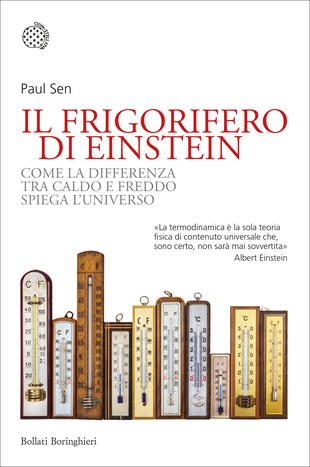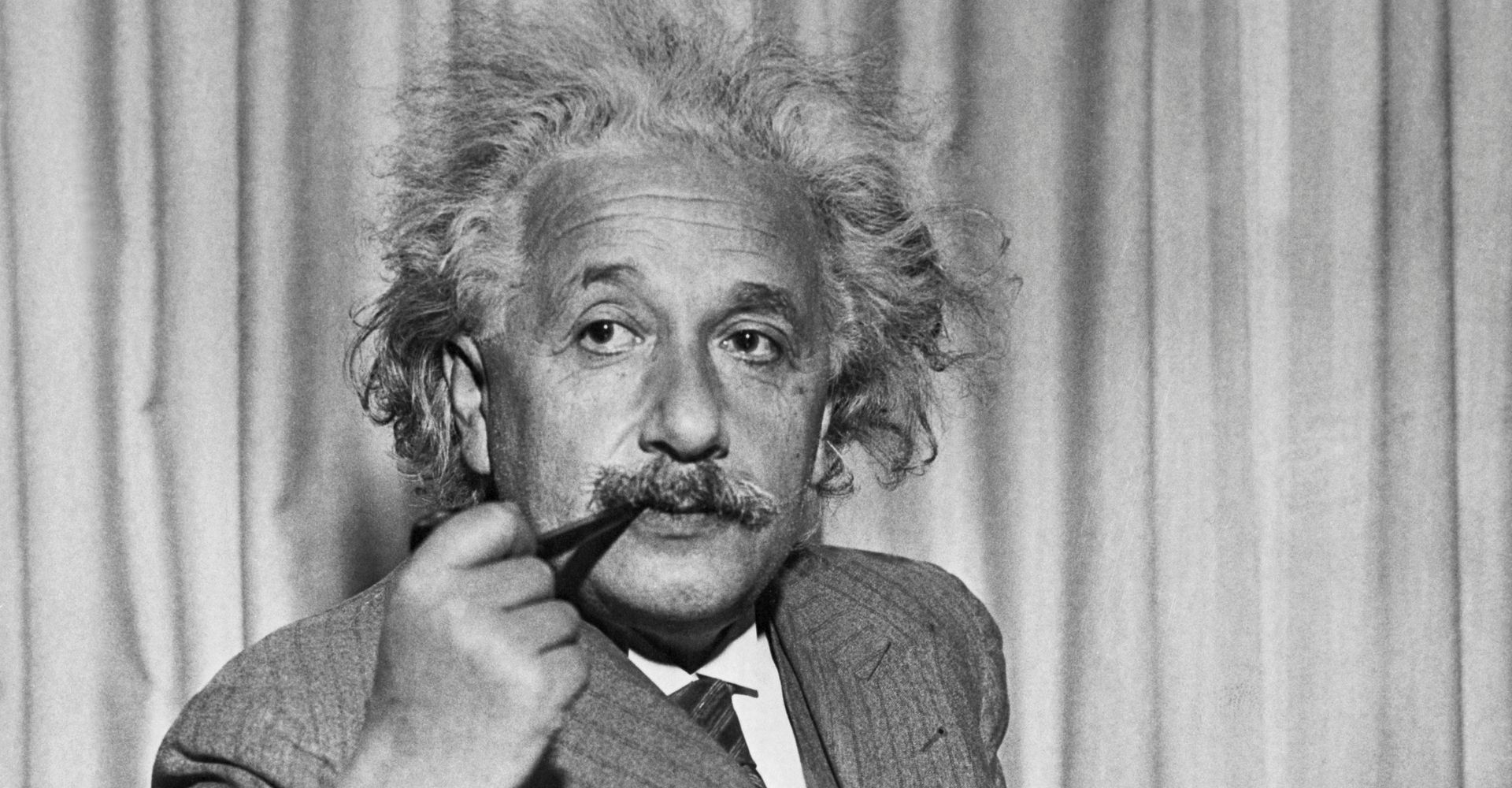Il frigorifero di Einstein
-
Tradotto da: Susanna Bourlot
- Leggi le prime pagine
Tutti i formati dell'opera
Acquistalo
Sinossi
La storia di cui parla questo libro inizia con Sadi Carnot, un giovane ingegnere dell’École polytechnique di Parigi, che nel 1824 pubblicò a sue spese un libro dal titolo Riflessioni sulla potenza motrice del fuoco. È questo l’inizio della termodinamica. Ma si era anche all’inizio della Rivoluzione industriale e da allora innovazione tecnologica e innovazione scientifica hanno proceduto in parallelo, specchiandosi l’una nell’altra, e dando vita di fatto al mondo nel quale noi oggi viviamo.
«Termodinamica è un nome terrificante per quella che forse è la teoria scientifica universale più utile che sia mai stata concepita», scrive Paul Sen. Spesso relegata alla descrizione delle macchine a vapore e dei frigoriferi, nelle pagine di questo libro la termodinamica in effetti appare molto più di questo. I tre concetti fondamentali che stanno alla base di questa disciplina, infatti – energia, entropia e temperatura –, rappresentano il nucleo teorico fondante di buona parte delle nostre conoscenze sul mondo fisico.
L’epopea della narrazione di Sen, dopo Sadi Carnot, contempla i nomi dei grandi della scienza degli ultimi due secoli: James Watt, James Joule, lord Kelvin, Hermann von Helmholtz, Rudolf Clausius, James Clerk Maxwell, Ludwig Boltzmann, Albert Einstein, Emmy Noether, Claude Shannon, Alan Turing, Stephen Hawking... un pantheon di giganti che coi loro studi, le loro vite e le loro intuizioni hanno contribuito a cambiare radicalmente la nostra visione del mondo. È grazie a loro che sappiamo che esistono gli atomi, ne conosciamo il comportamento, sappiamo finalmente cos’è il calore (uno dei problemi centrali della scienza) e come si propaga; ma grazie alla termodinamica sappiamo anche cosa sono il tempo, l’informazione, la vita, l’intelligenza e persino i buchi neri dell’universo: ognuna di queste cose senza la termodinamica non avrebbero senso.
- ISBN: 8833936899
- Casa Editrice: Bollati Boringhieri
- Pagine: 420
- Data di uscita: 13-05-2021
Recensioni
In Einstein's Fridge (interesting factoid: this is at least the third popular science book to be named after Einstein's not particularly exciting refrigerator), Paul Sen has taken on a scary challenge. As Jim Al-Khalili made clear in his excellent The World According to Physics, our physical underst Leggi tutto
This was... ...I gotta be honest, this was dry. I don't know, maybe it wasn't for me, but since Einstein's Fridge is being touted as "for fans of A Brief History of Time and How We Got to Now ," I think I was expecting something a little more attention-grabbing from the get-go. This book, in its openin Leggi tutto
This book is an exception to the rule that all pop-science books are a waste of time since this book is well worth reading. All fundamental understanding about the universe starts with hot goes to cold (the second law thermodynamics, entropy), heat gets dissipated, entropy increases overall and energ Leggi tutto
This book is supposed to be a discussion of Thermodynamics. In the end it is more. Sen presents an entertaining history of science which goes beyond the bounds of "explaining the difference between hot and cold explains the universe." The book has a very good section on information science including Leggi tutto
Titles are important, and naming things is important, as much as I don't always like to admit the value of a strong opening compared to the quality of the rest of a text. While it is true that this book could have been titled something more descriptive, like An Introduction to Thermodynamics via its Leggi tutto
Thermodynamics is a field of inquiry that explores the behavior of heat. The predictions it makes are simple yet profound, and they affect every aspect of our lives. Thermodynamics has a series of Laws. If I recall correctly, there are four of them, but the first law and second law get the most atten Leggi tutto
Paul Sen proposes the argument that thermodynamics is the basis for everything that we do and don't know. From it's applications to machinery all the way to how it explains the way our universe functions, Sen takes you through the chronological story of how it was discovered, while throwing biograph Leggi tutto
Citazioni
Al momento non ci sono citazioni, inserisci tu la prima!

























